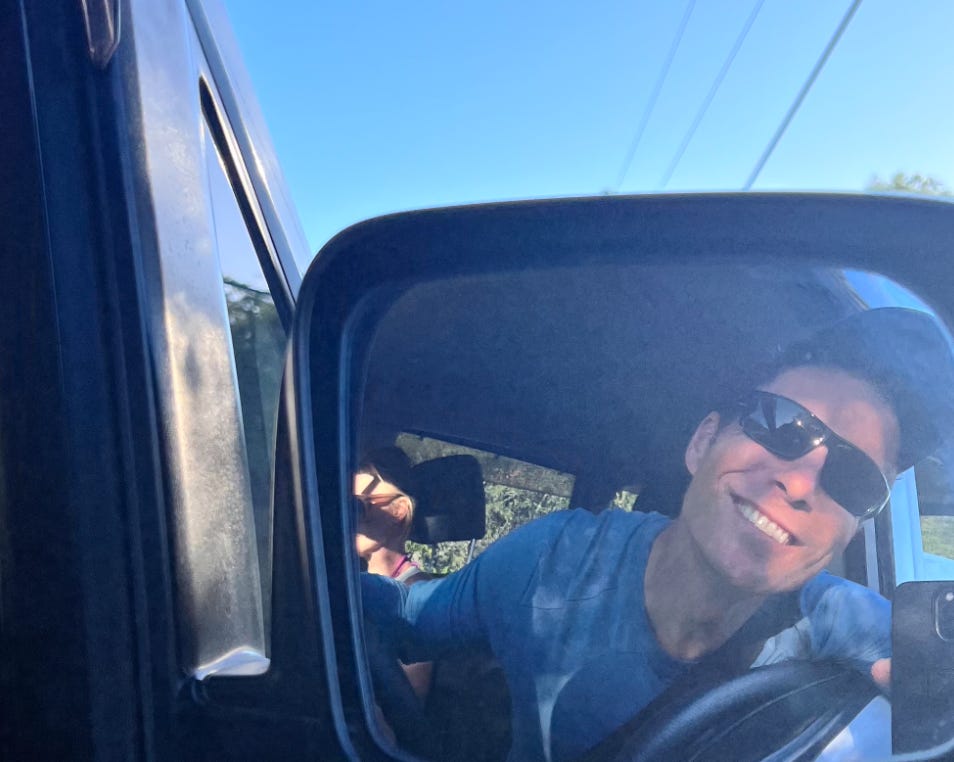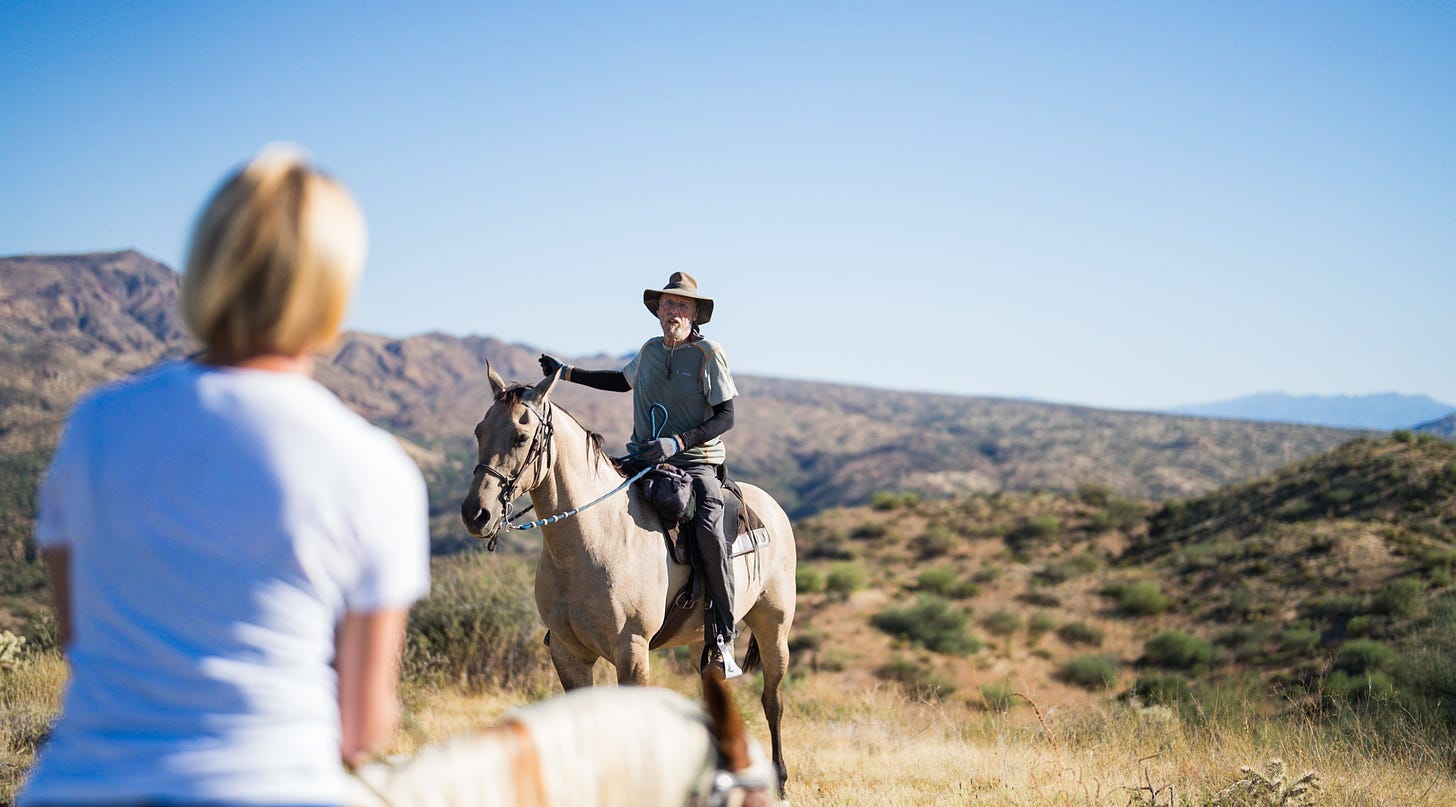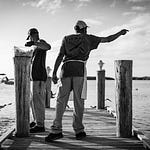“Like everyone, you think you are rational, but you are not. Rationality is not a power you are born with but one you acquire through training and practice. Generally, what causes us to go astray in the first place, what leads to bad decisions and miscalculations, is our deep-rooted irrationality, the extent to which our minds are governed by emotion.”
-Robert Greene
Emotion is good. It is the fuel that has helped create this wonderful world we live in. Despite all that is wrong, it is the best time to live. We highly emotional beings have pushed for change out of fear, ambition, altruism, love, whatever. And we should be very proud and happy that most of us live in the comfort we do now.
It’s also what is wrong with our world. It can be the worst part of us. I have a highly tuned threat detector that can skew to the irrational to protect me, my family, or maybe my ego. Almost five decades of training, from living around alcoholism to worrying about whether that pile of rubbish is an IED or whether my kids are going to make it in this very hard world. Every facial expression, the tone of your voice, or what you didn’t do. All go into my calculus, and the truth is, I’m highly irrational. We all are. We find answers that suit us. And those answers are usually, inaccurately, colored by our emotions of that minute or the history we drag with us.
Rationality doesn’t come naturally. It takes work, training, and experience. I’ve been considering my irrationality and wanted to share some of the lessons I got from Robert Greene’s book The Laws of Human Nature. He has three recommendations we will explore
Recognize Your Own Biases
Beware of Inflaming Factors
Implement Strategies to Bring Out the Rational Self
Recognize Your Biases
“Emotions are continually affecting our thought process and decisions, below the level of our awareness. And the most common emotion of them all is the desire for pleasure and the avoidance of pain. We imagine we are looking for truth, or being realistic, when in fact we are holding on to ideas that bring a release of tension and soothe our egos.”
Here are a few that can keep us from being rational.
Confirmation Bias: “I am impartial and don’t look for evidence to confirm how I think.”
Conviction Bias: “I’m usually right, or I believe it so strongly it must be true.”
Appearance Bias: “I see people as they are. I don’t let their appearance sway my perspective.”
Group Bias: “I’m able to make up my mind despite belonging to groups (cultural, social, etc).”
Blame Bias: “External factors are what is wrong. I couldn’t have done anything about it.”
Superiority Bias: “I’m more ethical, kinder, smarter, etc.” (note: you usually wouldn’t say these out loud or maybe even to yourself)
If you think you are immune to these, that’s your irrationality talking. You, me, and even Gramma are susceptible to all of these (and more).
Beware of Inflaming Factors
Greene highlights five inflaming factors that exacerbate our irrationality. 1. Trigger points from childhood 2. Sudden gains or losses 3. Rising pressure 4. Inflaming individuals 5. Group effect. I want to talk about two.
Trigger Points from Childhood
The older I get and the more work I do on myself, the more I see this. As parents, we all do the best we can. I know mine did, but that doesn’t mean scars are any less real. Even if I’ve made them up. Greene lays out a salient example.
“Take, for example, a young man who had a distant, narcissistic, mother. As an infant or child, they experienced her coldness as abandonment, and to be abandoned must mean he was somehow unworthy of her love. Or similarly a new sibling on the scene caused his mother to give him less attention, which he equally experienced as abandonment. Later in life, in a relationship, a woman might hint disapproval of some trait or action of his, all of which is part of a healthy relationship. This will hit a trigger point - she is noticing his flaws, which, he imagines precedes her abandonment of him. He feels a powerful rush of emotion, a sense of imminent betrayal. He does not see the source of this; it is beyond his control. He overreacts, accuses, withdraws, and all of which lead to the very thing he feared - abandonment. His reaction was to some reflection in his mind, not to the reality. This is the height of irrationality.”
Action: Spend real-time working to understand how your past influences your present. History is not fact; it is a story told by someone and is not always true. A professional is beneficial here.
Rising Pressure
From my post, In Calm, Strength,
When walking in the forest during the day, you see everything. You see every tree, bird, and detail in color and three dimensions.
As night comes, you start to lose clarity. The world flattens. You aren't sure what you see ahead. Is it a tree? A bush? A monster? Stress takes us from day to night, from clear skies to cloudy. The fog rolls in, and we don’t realize it.
We don't see the trees for what they are: trees. They aren't monsters. We don't slow down to ask questions of ourselves or others. With stress, our judgment gets worse. Things spiral as we keep spinning stories. Worse yet, it starts spreading to our people.
And from Greene,
“Never imagine that you are someone who can withstand rising stress without emotional leakage. It is not possible. But through self-awareness and reflection you can prevent yourself from making decisions you will regret.”
Action: Get to know yourself. I know when my pulse increases. I can feel the tightening in my chest. That is my cue to say and do as little as possible. My judgment is getting worse as my stress increases. And while it’s a cliche, count to ten. If you are really stressed, count to 100. Whatever you do, respond, don’t react.
Strategies Toward Bringing Out The Rational Self
Greene gives us the following advice:
“Know yourself thoroughly. The emotional self thrives on ignorance. Your first step toward the rational is always inward.”
Do you know when you are stressed? We all say we want to get better, but do you look at where you have gotten it wrong and take responsibility? How can you do it differently? Don’t let Blame Bias own you. Look in the mirror.
“Examine your emotions to their roots...Dig below any trigger points and see where they start…Your greatest danger here is your ego and it makes you maintain illusions about yourself.”
How are your habits (sleep, movement, food, media) impacting your emotions? How is your perspective being driven by your desire to soothe your ego? What are you holding on to from your past that may not be true or at least is not helpful? A journal can help you put it into the world in a safe place. Reading what you write can bring objectivity.
“Increase your reaction time…the longer you can take the better, because perspective comes with time…consider this like resistance training - the longer you can resist reacting, the more mental space you have for actual reflection, and the stronger your mind will become.”
Some decisions need to be made fast, but most don’t. You don’t have to respond to that email, that comment, or look. Be honest - “I’m not having a good day. I need to sleep on this, and I know I will be clearer in the morning.”
“Accept people as facts… we are continually judging people wishing they were something they are not…we want them to change. Act a certain way, most often the way we think and act.”
People are irrational, just like you. Assume positive intent and make it your mission to try to understand their struggles and strengths. Try to see the world from their view, not yours.
“Find the optimal balance of thinking and emotion.”
Our emotions are what have done the work to create this wonderful world we live in. They also contribute to all that is broken. Greene relates a great metaphor from the ancient Greeks: the rider and the horse.
“The horse is our emotional nature continually impelling us to move. This horse has tremendous energy and power, but without a rider, it cannot be guided; it is wild, subject to predators, and continually heading into trouble. The rider is our thinking self. Through training and practice, it holds the reins and guides the horse, transforming its powerful animal energy into something productive. The one without the other is useless. Without the rider no directed movement or purpose. Without the horse, no energy, no power. In most people, the horse dominates, and the rider is weak. In some people, the rider is too strong, holds the reins too tightly, and is afraid to occasionally let the animal go and gallop. The horse and the rider must work together. This means we must consider our actions beforehand; we bring as much thinking, as possible to a situation before we make a decision. But once we decide, what to do, we loosen the reins and enter with boldness and spirit of adventure. Instead of being slaves to this energy, we channel it that is the essence of rationality.”
Take care. You aren’t alone.


















The Horse & The Rider